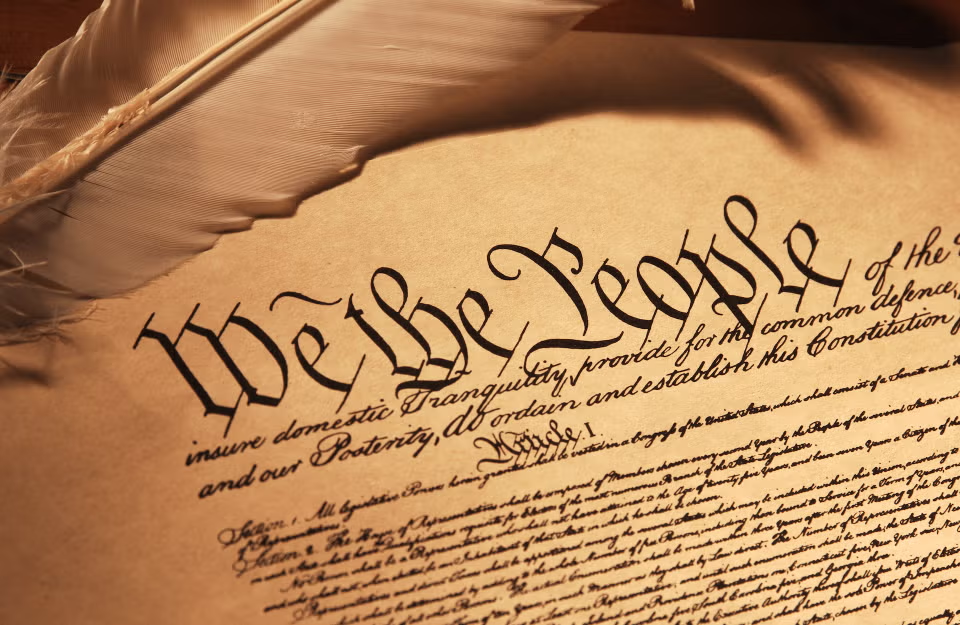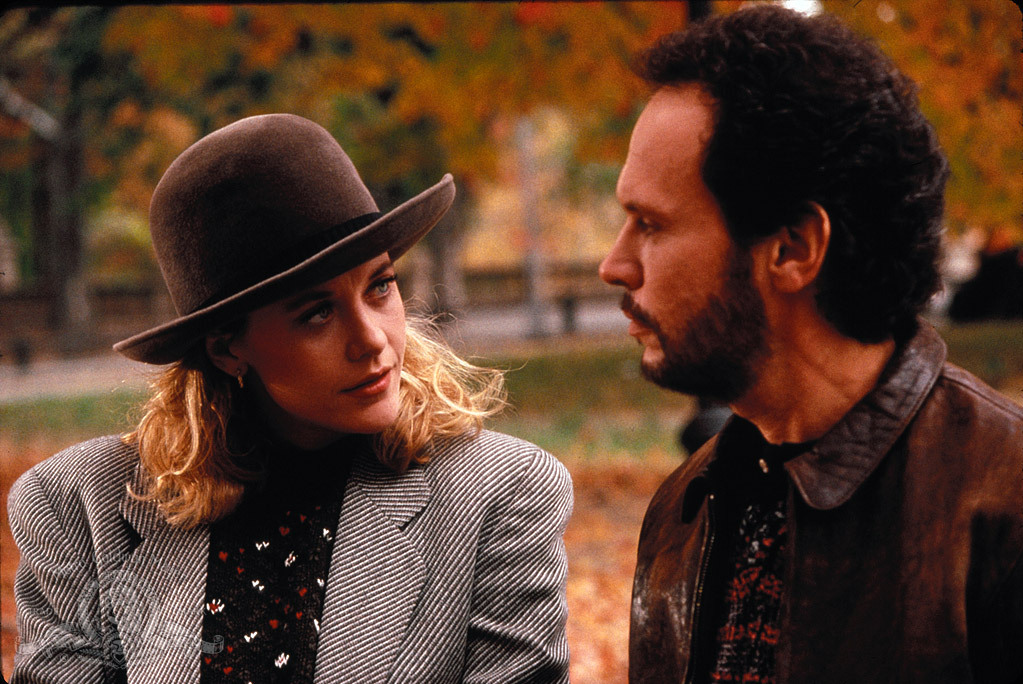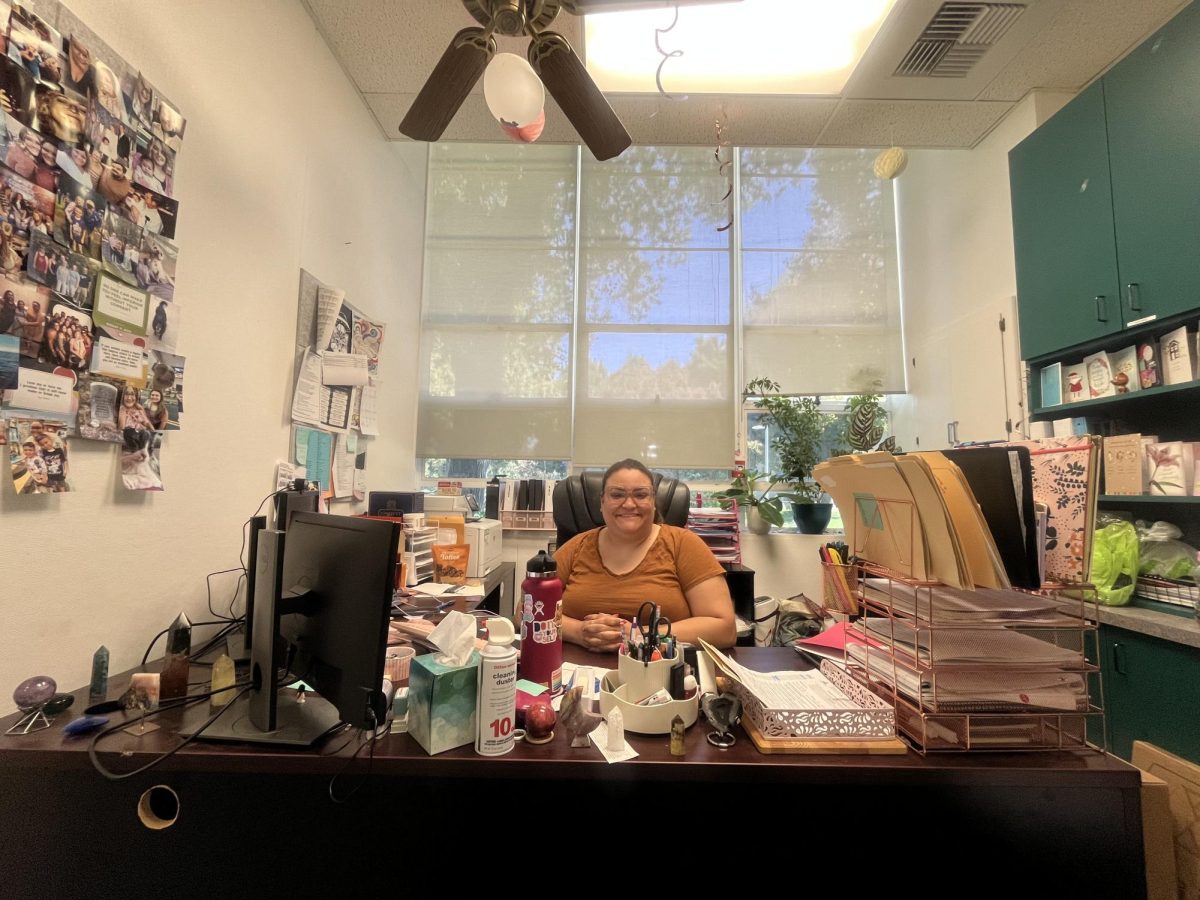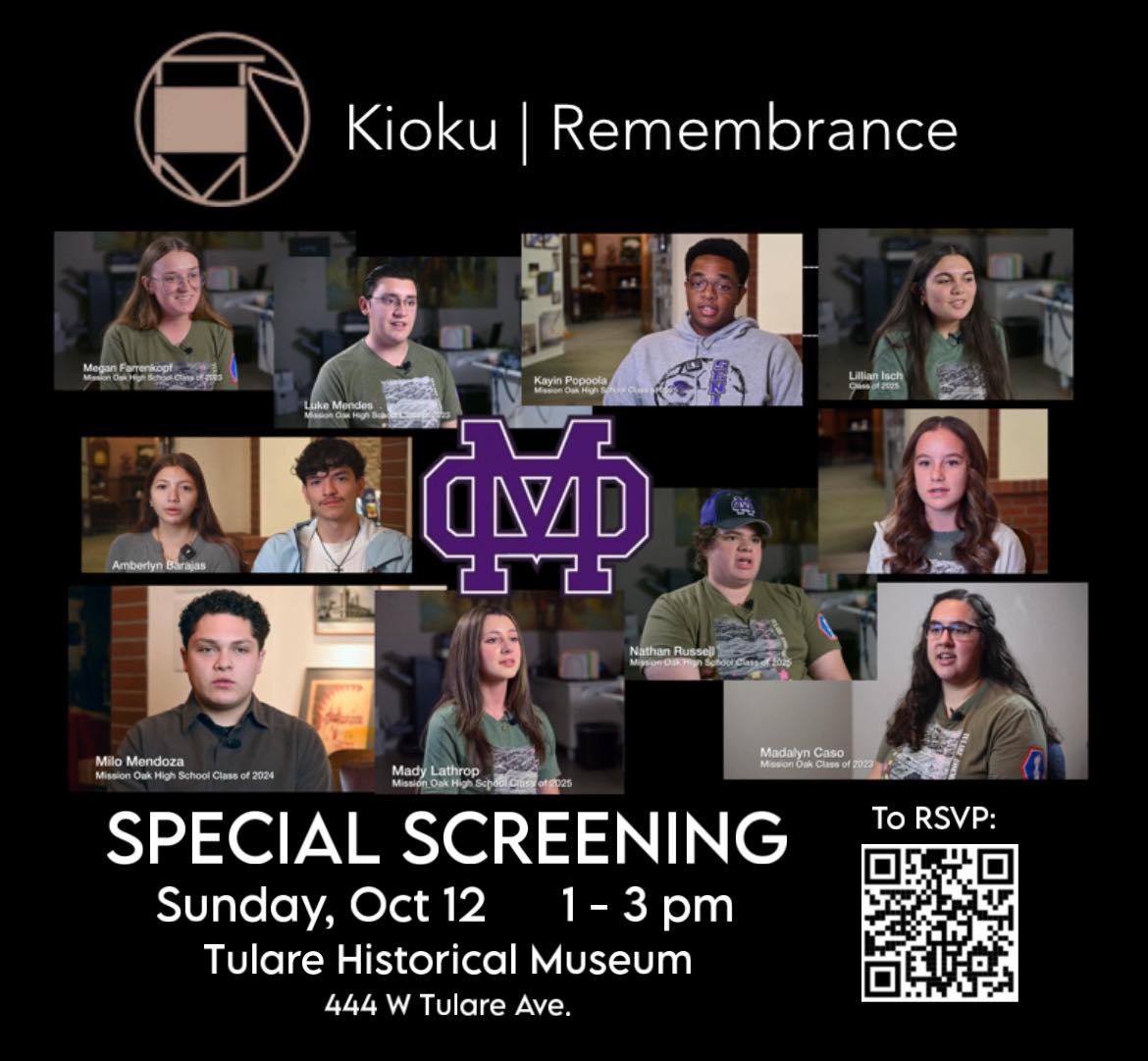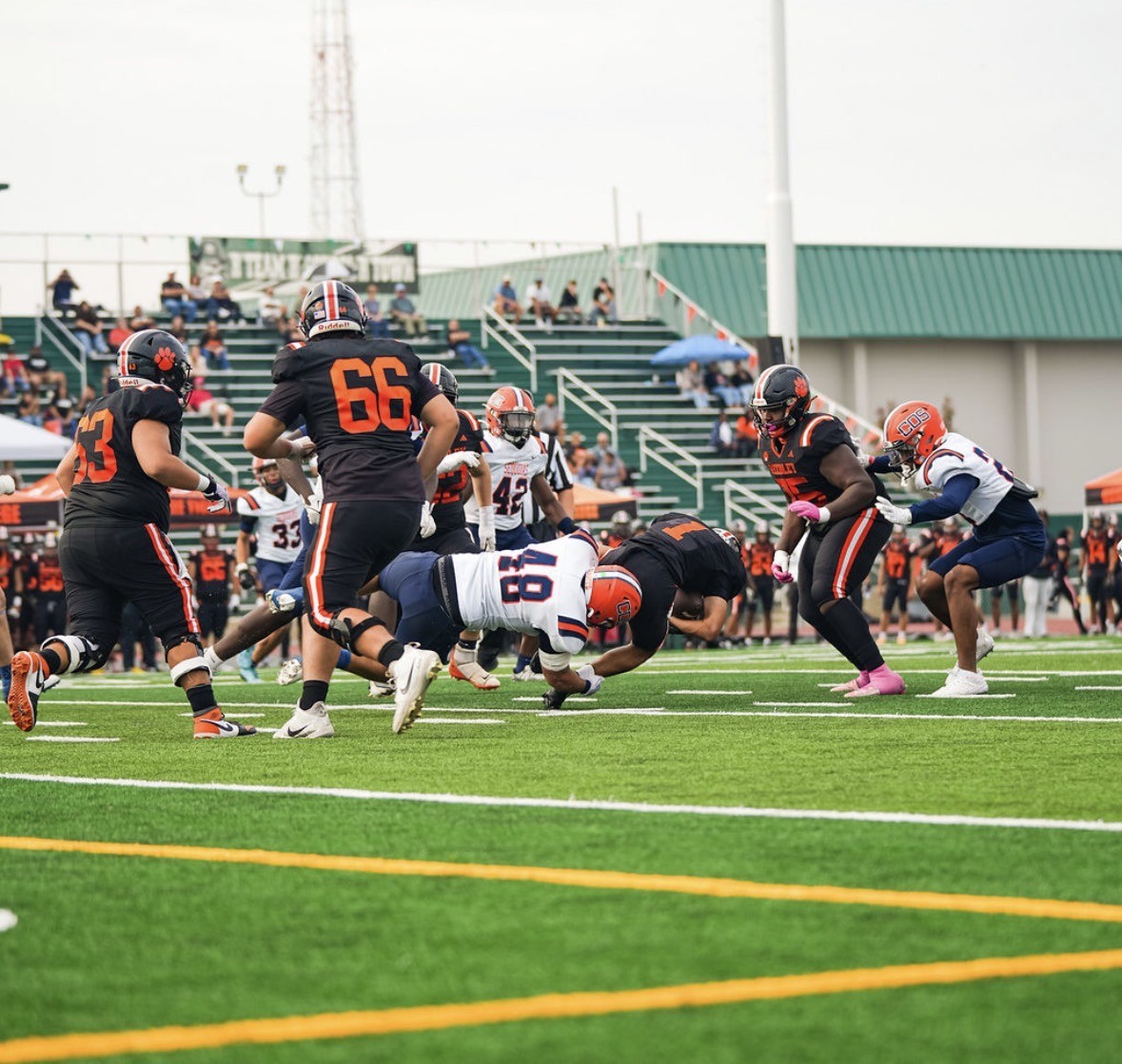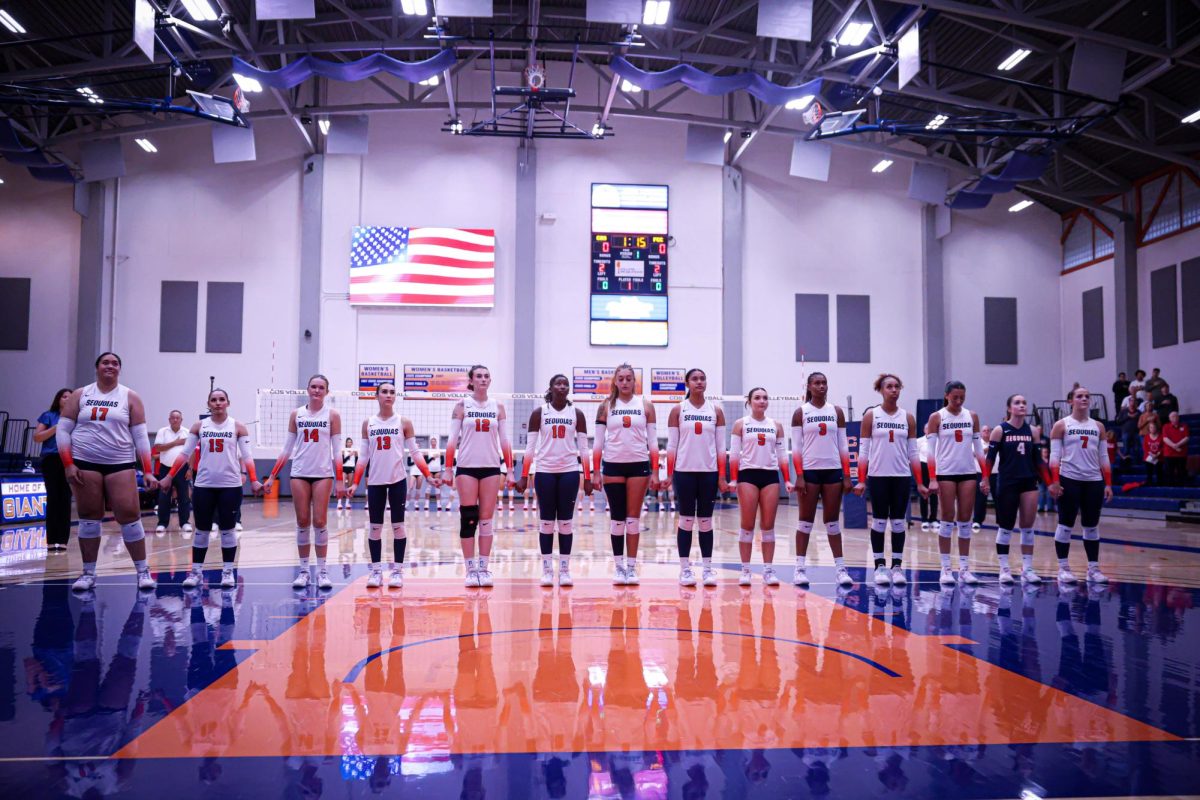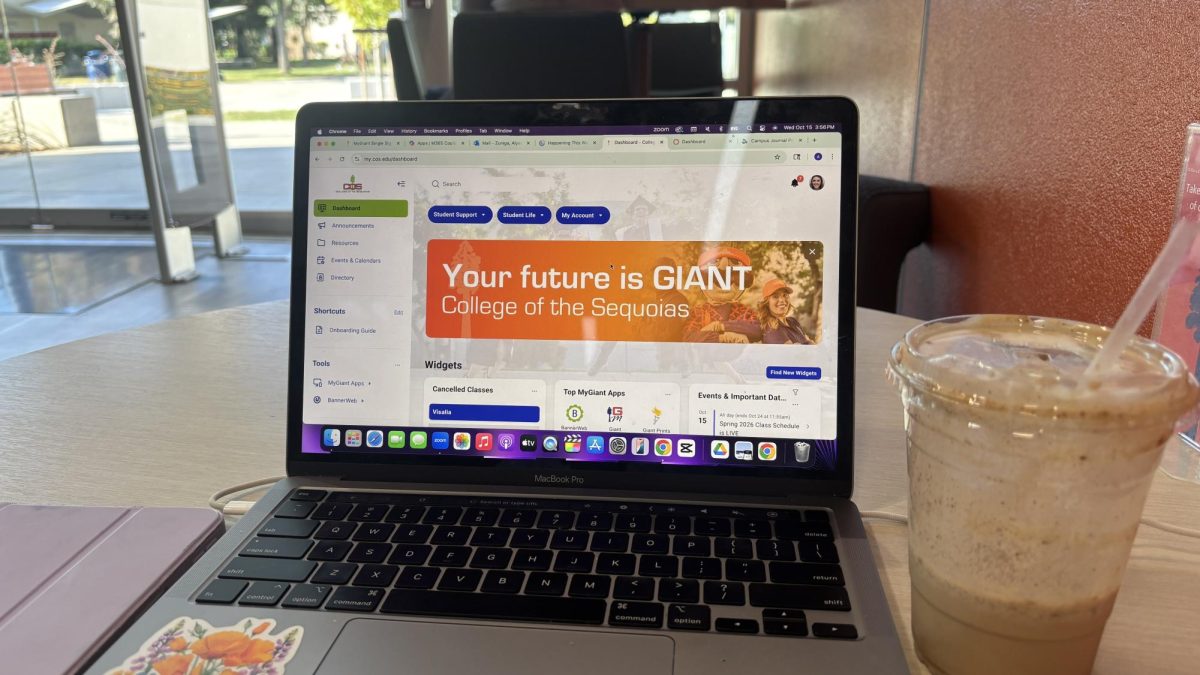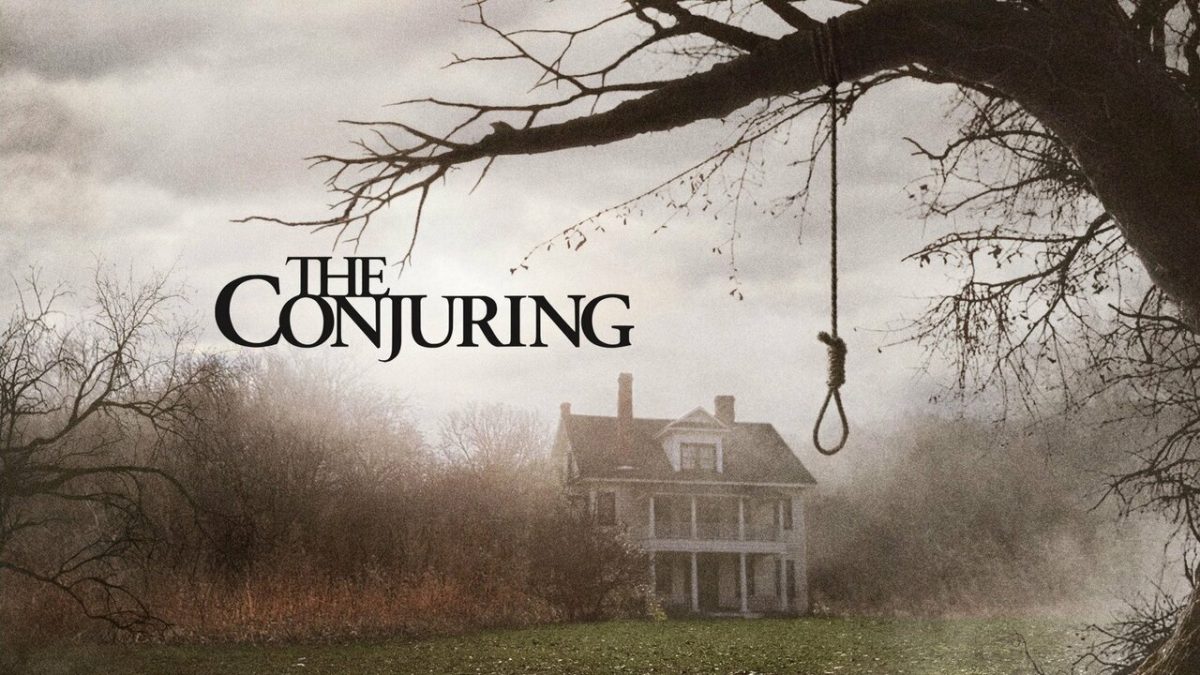Freedom of speech is often hailed as a fundamental American right, but what happens when exercising that right sparks public outrage—or even costs someone their job? As news organizations highlight more people facing real-world consequences for what they say or share, the question arises: Is free speech in America truly free, or is the reality more complicated than the First Amendment suggests?
At its heart, the First Amendment guarantees American citizens the right to speak out and criticize the government, as well as the freedom to worship any religion without government interference. However, many forget that these protections apply only to actions by the government—not by private organizations or employers. For instance, if you post something controversial on social media, the government cannot legally silence you. But if your employer reacts or a private platform removes your post, that is not considered a First Amendment violation. This distinction often blurs the boundaries of what free speech really means in everyday life.
This gray area between unfettered speech and private consequences is more than just academic—it’s playing out in real life. For example, actress Rachel Bilson recently revealed she was fired from a job in 2023 after joking about her sex life on a podcast; her employer ended the project over her candid remarks. More recently, late-night host Jimmy Kimmel’s program was briefly suspended by ABC following allegedly controversial comments, igniting a public debate over corporate censorship. While both have continued their careers, these incidents highlight how public figures often face stricter scrutiny over their words. Such cases underscore the ongoing debate about the limits of speech in media, entertainment, and the workplace.
Ultimately, the First Amendment protects Americans from government censorship—not from the decisions of employers, corporations, or even the public. In today’s world where words can spread in seconds, free speech can carry significant professional and social risks. Freedom of speech is not freedom from consequences—and whether those consequences represent accountability or censorship depends on perspective. Ultimately, the true test of free expression lies not just in the right to speak, but in how society responds when someone does.

